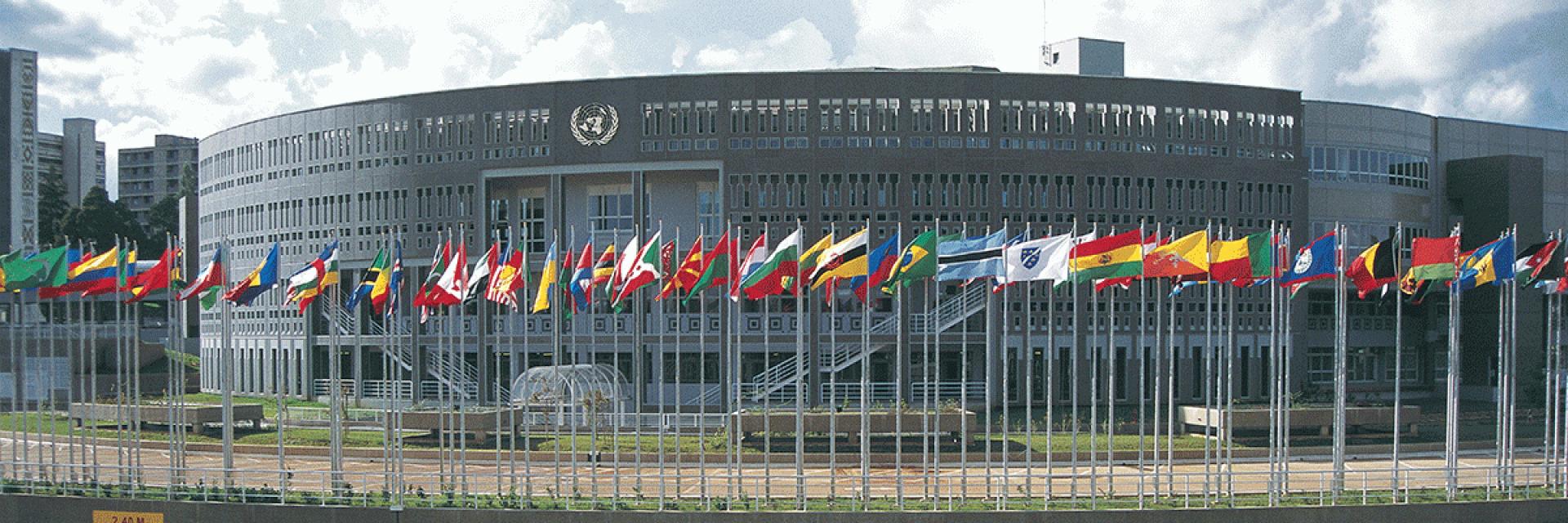As Chairperson of the African Union (AU), and as part of his opening statement at the 13th Extraordinary Session of the AU Assembly on the African Continental Free Trade Area (AfCFTA) on 5 December 2020, President Ramaphosa underscored the importance of empowering African women in the AfCFTA. To give effect to this intention, the President highlighted the need for an AU Protocol on Women in Trade. Rapid developments at the continental and global level on the women and trade agenda are of strategic importance for Business Unity South Africa (BUSA). In particular, these developments create the opportunity for BUSA to fulfil its mandate by ensuring that organised business plays a constructive role in policy, while promoting inclusive economic growth, development and economic transformation of the South African economy. More recently, BUSA has approved an internal Women in Trade Working Group to promote policy dialogue and response, towards the more meaningful participation of women in the South African economy. The AfCFTA promotes entrepreneurship and economic empowerment opportunities for women-owned businesses through increased access to new regional export markets; and expanded opportunities across key sectors. Notwithstanding the potential, AfCFTA gains will not be automatic.
As Africa marks the first year anniversary of the New African Women’s Decade of Financial and Economic Inclusion, that also coincides with the 1 January 2021 start of trading under the AfCFTA Agreement, AfCFTA State Parties will be required to effectively implement commitments that advance the welfare of women. The year 2021 will be pivotal for both milestones in so far as it provides an opportunity for South Africa to drive creative and bold interventions that link women’s financial and economic empowerment goals to inclusive AfCFTA implementation. It is against this backdrop that, BUSA is pleased to collaborate with the African Trade Policy Centre (ATPC) of the United Nations Economic Commission for Africa (ECA) on a virtual conference entitled Leveraging the AfCFTA to Boost Women’s Economic Empowerment

